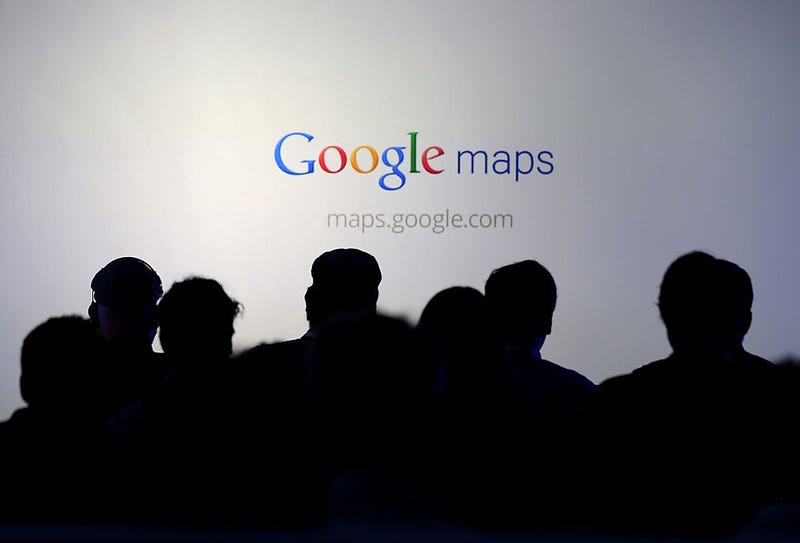
Google has announced that the company will be deleting location information from phones of people who visit abortion clinics.
The hope is to make it more difficult to prosecute women who need the procedure, in light of the United States Supreme Court ban on abortion. However, some say it's still not enough.
"What Google and other internet companies are doing is anticipating that law enforcement is going to look for ways to punish people who have had abortions or to punish abortion service providers, like doctors providing abortions, and to punish the technology companies that are helping users find information that they need," Eric Goldman, associate dean for research and a professor of law at Santa Clara University School of Law, told KCBS Radio.
Goldman called the announcement a good first step, "but it's like the tip of the iceberg of a much deeper problem."
Not only will women have a data trail on Google, they'll also create a digital footprint in many other areas on the journey to get an abortion, he explained.
"She's going to have to leave a whole trail of data throughout her life and overzealous prosecutors in states that have embraced the culture wars are going to be hoovering up that data in order to establish their prosecutions. So, no matter what Google did, it's not going to be enough to protect people who need an abortion," Goldman said.
What would make a difference would be a federal law prohibiting law enforcement from digging up information about abortions, Goldman advised.
"You need something akin to an attorney-client privilege where things that a client says to a lawyer are simply not available to law enforcement, even if a court would give them the permission," he said. "We need that same kind of protection for women obtaining abortions."
However, Goldman admitted that is currently an unrealistic dream.

